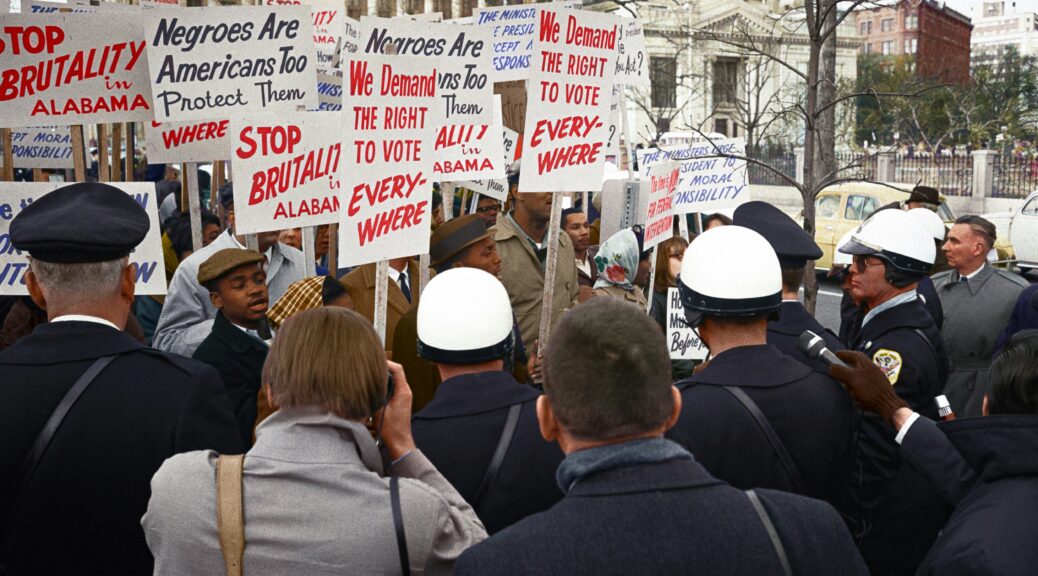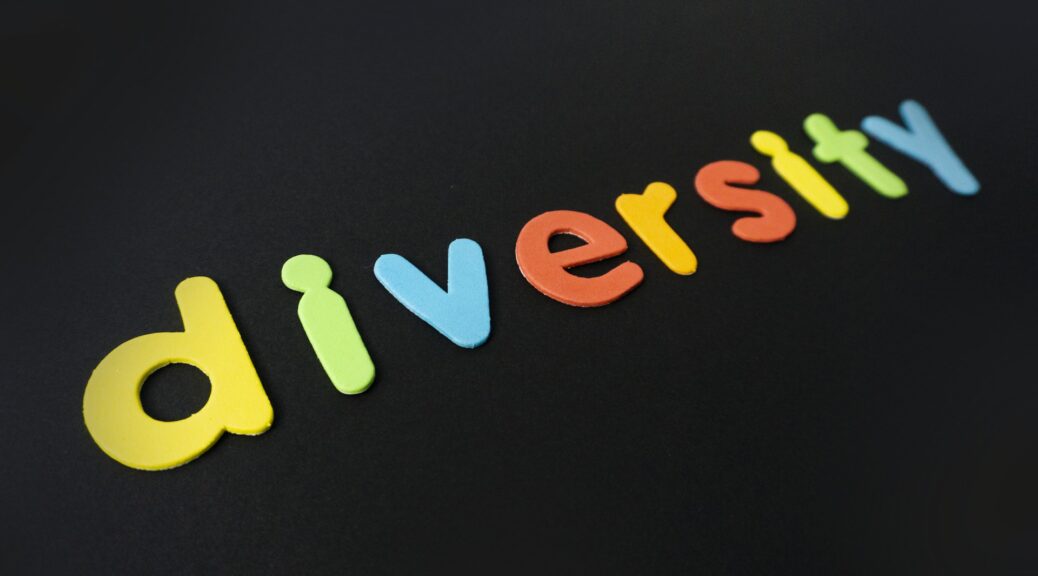African American History (AAH) Celebrations for decades have been designated to the month of February, mostly. I remember when invited the very few African American Educators’ staff members and our high school’s English Department Chairperson this was two years after I was hired in the state of Connecticut and after my college graduation.
We staff members were well aware that no knowledge or acknowledgement of African American History lessons were being incorporated or extra-curriculum programs into our school’s educational classroom goals and activities.
“Negro History week” designation began in the year of 1926 and reported because of the lack of our history being included and presented in various and many national activities. Carter G. Woodson, who earned his Ph.D. from Harvard U. along with the NAACP (National Association of Colored People) W.E.B. DuBois, founder in 1909 both were given much credit in most cases.
As part of our inspiration and In February of 1977, our formed committee planned an after school assembly program consisting of celebrating students from various grades, organizations also including the high school’s orchestra, and speakers from community civic and religious leadership positions. Afterwards, effort progressed at our town’s high school as annual celebrations with activity and shortly afterwards, students from our school’s student council organization were invited to joined our planning committees. We, also became proud of their attentive and intensive participation and recommendations.
After about two more years, these students requested that we entitle our AAH month’s high school celebration each February, “Brotherhood/Sisterhood Month Celebration.” We faculty members did and also included the sub-title as “African American History and Contributions Month” later returning to the first selected topic for our extended activities. The school board of directors, and schools’ systems’ central office staff mandated and incorporated into our entire system’s K-12 curriculum the inclusion of African American History and Contributions. Some business, civic, and social ethnic group members began to assist and combine with us in some of our planning along with their own students and parents’ projects.
I personally never forget when a newly “rap songs” artist attended and spoke at a high school assembly program, and also when a student group ask me if they could do “break dancing” on stage at our middle school annual assembly program. My approval brought me much praises and personal gratitude as a result of how much our students appreciated it, from our school ‘s systems and school administrators. When we invited an “inner-school’s” middle school students’ group to attend this same year and invited them for lunch, afterwards, we all were happy.
During the month of February, I’ve found throughout the USA that churches began incorporating African American History and Contributions with informational objectives as well as motivational recommendations.
Our question today in the future decades is, “Will those projects suffice in the improvement of our near and far unity, equality, fairness, class diversity, and inclusion?” Are African American history celebrations provisions are and have been one of our great assets and has it contributed both personal, positive and progressive relationships and some economic growth. In addition, “How fair and intentional are we in the arena of “proportionality”? Do we quickly judge without knowledge and to categorize the tangible and intangible?
Personally, I have found “Collaboration and Connections” seriously are key words when we are evaluating and recommending. Visual? Are we losing the utilization of comprehension with just quick visualization? How obedient are we toward promotions with affirmations with representations in ethnic locations? We do not have to be only in a classroom, office or on stage to become role models and mentors.
Fortunately, before my becoming a school’s supervisor and also while being a classroom teacher with summer breaks, I had many global experiences. One example is when I became a volunteer international missionary in the country of Panama along with me grandson, Kory. (He knew more Spanish words that I did at that time.) I had volunteered at what was considered and called an “English as a second and language School.”
This school had the goal and theme known as “Constructionism.” It soon became my understanding constructionism referred to there were no endings to ideas, conclusions, suggestions to also examples. I saw this “focus “personally as, “Conclusions were prerequisites.” When searching Checking the word via Google, the meaning was given “The result is interaction was summaries derived from their knowledge of ‘ISAP” which is defined as Italian in Specific Academic Purposes.
I now acknowledge obtaining many ethnic similarities and desires sought, enhances closer and acknowledged relationships toward more understandings. Political divisions require more attention and required and sought the goals toward democracy, both national and international. Those of us in or were especially in administration and leadership positions desperately must reinforce with pride obtained potentiality.
Yes, our elders and ancestors have” opened the door” to almost and many beginnings inspiring our concerns on how we utilize our knowledge and of our results, in other words, “What do we want to do with the knowledge?” Are we equalized in our results? “Are the doors open, now for all?
Personally, my career in the area of education, sociology, urbanization as well as my experiences in America and abroad (Internationally) has clarified my energy and interactions to go hand in hand. Up from age of 18 and only attended segregated Chattanooga, I lived and served and work in the state of Connecticut for about sixty years. I also raised four children and as you can guess, I was considered always “very active”.
Therefore, this year and as we highlight African American History during the month of February, 2023. Let us intensify the opportunity to open our hearts as well as our feet and hands to integrate activities also ethnicity emphasizing, economic progress utilizing visualizing our pride, goals, character, spirituality, determination, empathy and inclusion as well as our legacies.
Let us intensify (…hold hands) while intensifying the provided and received opportunities to open our hearts, too along with our feet and hands integrating local and international activities while emphasizing our pride, goals, character, spirituality, sometimes empathy and inclusion also our legacies of both African Americans and others and remember expansive actions speak louder than words as we seek improvement and growth would be my request.
African Americans and others. GOD MADE US ALL.










